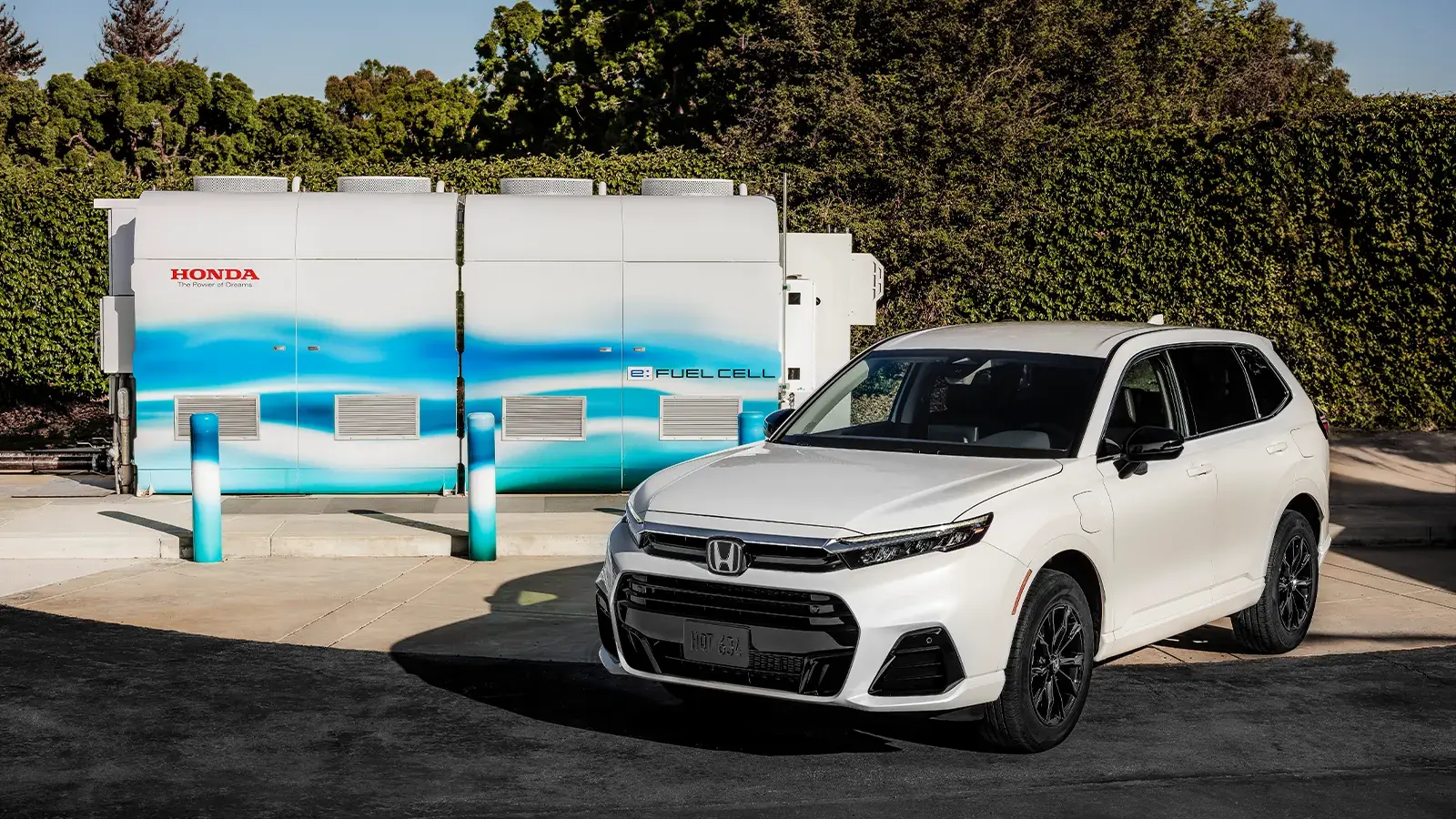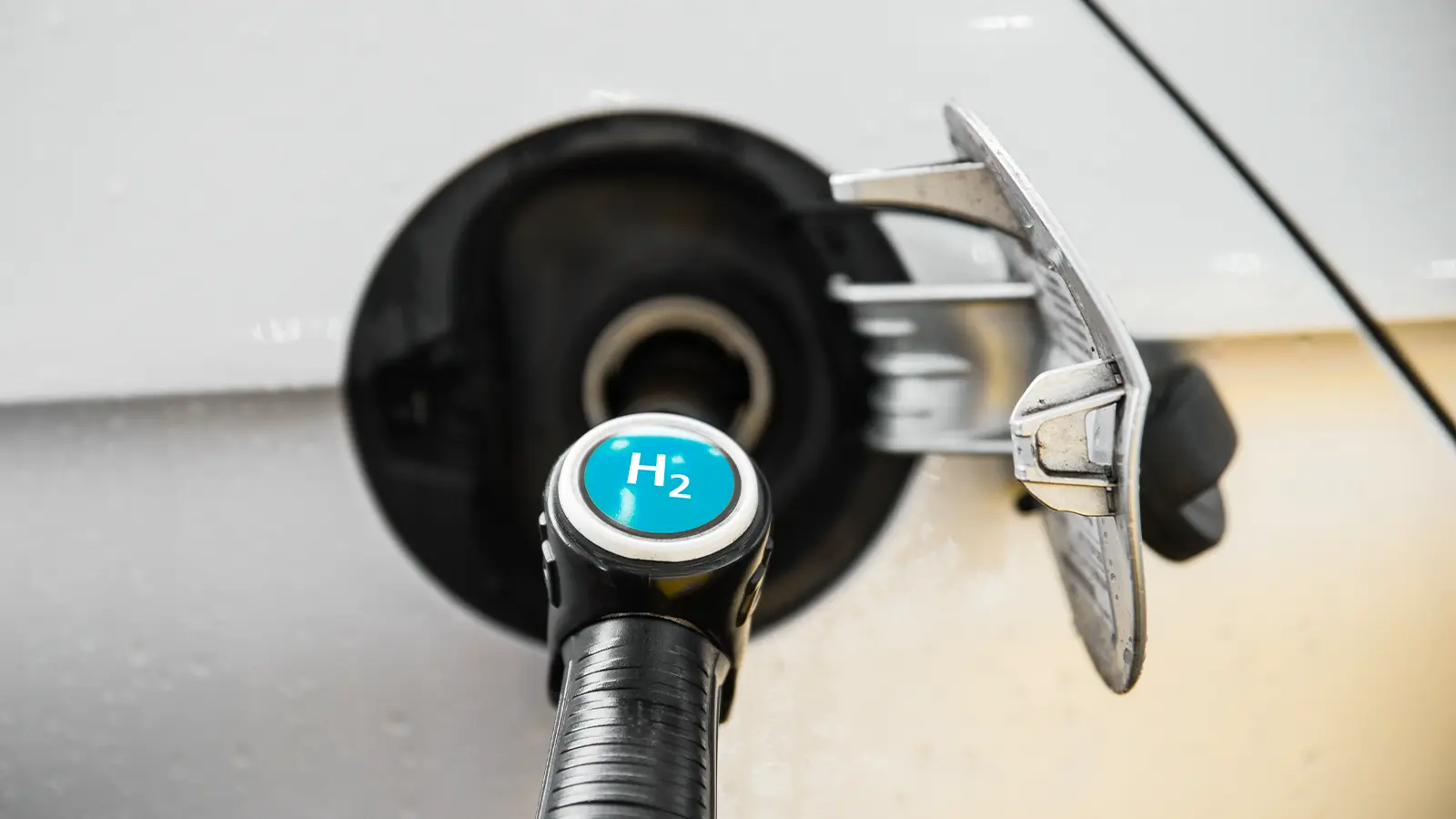An Introduction to Hydrogen-Powered Cars and How They Work
Hydrogen vehicles are a growing part of the clean transportation landscape. Like electric cars, they run on electricity. However, instead of plugging in to charge, they generate electricity onboard using hydrogen gas. This makes them an appealing option for drivers looking for quick refueling, long driving ranges, and zero tailpipe emissions.
This guide explains the basics of hydrogen vehicles, how they work, and why they matter for the future of driving.
What Are Fuel Cell Electric Vehicles?
Hydrogen vehicles, also known as fuel cell electric vehicles (FCEVs), are powered by electricity created through a chemical reaction between hydrogen and oxygen. They do not burn fuel like gasoline cars. Instead, they convert hydrogen into electricity and emit only water vapor from the tailpipe.
There are two main types of hydrogen-powered vehicles:
- Fuel Cell Electric Vehicles (FCEVs): These are the most common. They use a fuel cell to create electricity and power an electric motor.
- Hydrogen Combustion Vehicles (H2-ICEs): These burn hydrogen in a modified engine. They are currently less common and are mostly used in research or commercial testing.

How Do FCEVs Work?
FCEVs generate electricity through a fuel cell system, rather than using a large battery. Here’s how it works:
- Hydrogen gas is stored in high-pressure tanks inside the car.
- Air is pulled in from the outside and directed to the fuel cell.
- Inside the fuel cell, hydrogen and oxygen combine to create electricity.
- That electricity powers the vehicle’s electric motor.
- The only byproduct is water, which exits through the exhaust pipe.
Most hydrogen vehicles also include a small battery that stores extra energy, such as power recovered through regenerative braking.
What Makes Hydrogen Vehicles Unique?
Hydrogen vehicles offer a unique combination of features that make them appealing to many drivers:
- Zero emissions at the tailpipe
- Quick refueling time, usually under five minutes
- Long driving range, often between 300 and 400 miles
- Smooth and quiet ride, similar to an electric vehicle
These advantages make hydrogen vehicles ideal for people who want the environmental benefits of electric driving without the need for long charging times.

Are Hydrogen Cars Available Now?
Yes, although availability is currently limited to specific regions with hydrogen infrastructure. California is the primary market in the United States. The most widely available models include:
- Toyota Mirai
- Hyundai Nexo
- Honda CR-V e:FCEV (limited availability)
If you live in an area with access to hydrogen refueling, these vehicles are viable alternatives to both gas and battery-electric cars.
Key Terms to Know
To better understand how hydrogen vehicles work, here are a few important terms explained in simple language:
FCEV
Stands for "fuel cell electric vehicle." This type of car uses hydrogen to produce electricity on board and powers an electric motor, just like an EV but without needing to plug in.
Fuel Cell
A device that generates electricity through a chemical reaction between hydrogen and oxygen. It serves as the heart of the hydrogen vehicle’s power system.
Hydrogen Tank
A specially engineered high-pressure container that safely stores compressed hydrogen gas until it’s needed by the fuel cell.
Hydrogen Station
A refueling station designed to deliver compressed hydrogen into your vehicle, similar to how gas stations work for traditional cars.
Regenerative Braking
A feature found in hydrogen vehicles that recovers energy when slowing down or braking. This captured energy is stored in a small battery and helps improve overall efficiency.
Wrap-Up
Hydrogen vehicles offer a clean, efficient driving option for those looking beyond gasoline or traditional electric vehicles. With fast refueling, long range, and water vapor as the only emission, they represent a future-facing choice in the world of sustainable transportation.
Keep Building Your Hydrogen Vehicle Knowledge
Exploring hydrogen vehicle fundamentals:
Discover Next: How Hydrogen Vehicles Work→












